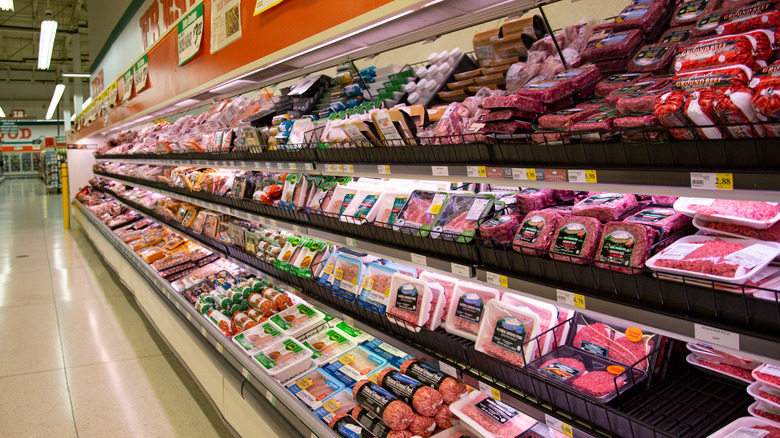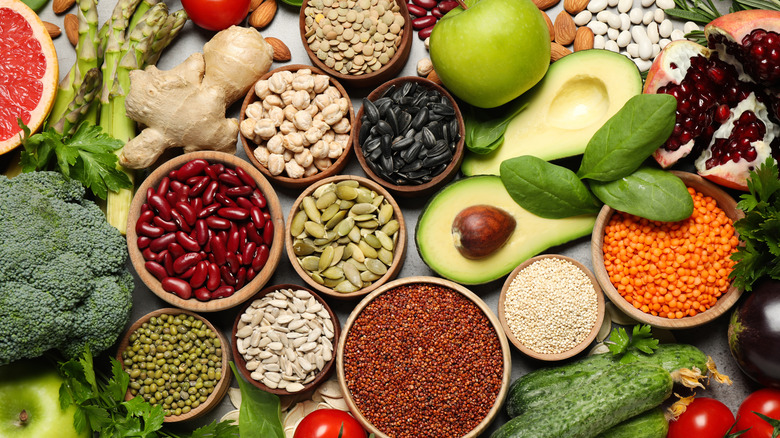Research Reveals How Eating Meat Affects Greenhouse Gas Emissions
New studies reveal the true impact our diets may have on climate change. Science News reports climate scientists' from the Food and Agriculture Organization of the United Nations and other researchers have increased the estimate of total greenhouse gas emissions produced by the agricultural industry and related land use. They now estimate these industries are responsible for 33% of the planet's greenhouse gasses caused by human activities; former research had estimated that number was closer to 20%.
This rise in emissions was accounted for by adding the steps in the food supply chain. Researchers added figures for transportation, processing, cooking, and food waste to the former data.
The research groups found that the U.S. economy is one of the top producers of greenhouse gasses in the world because of food waste and high meat consumption. A 2021 report prepared by the Environmental Protection Agency concluded that nearly one-third of the food produced in the United States ends up in landfills.
There is plenty of existing data that shows the environmental value of substituting meat, and more meat alternatives are hitting the market than ever these days. However, per a Global Meat & Poultry Trends report by Packaged Facts, global meat consumption was still expected to rise annually through 2023, despite rising trends toward plant-based alternatives. Researchers highlight that reducing the amount of meat individuals consume can significantly reduce total greenhouse gas emissions.
How eating less meat can impact climate change
Meat is often a target of climate advocates' efforts to reduce emissions because it's a far less efficient source of nutrition compared to a plant-heavy diet. Per Science News, meat production is less efficient because it uses far more land, and instead of directly consuming the energy and nutrition from grains or plant matter, much of those calories are first used up by the animal.
Amos Tai, a Chinese University of Hong Kong environmental scientist, explained to the outlet: "If we eat 100 calories of grain, like maize or soybeans, we get that 100 calories. All the energy from the food is delivered directly to the person who eats it. But if the 100 calories' worth of grain is instead fed to a cow or a pig, when the animal is killed and processed for food, just one-tenth of the energy from that 100 calories of grain goes to the person eating the animal."
Johns Hopkins Center for a Livable Future program officer Brent Kim recommends U.S. residents switch to a "plant-forward" diet. Studies by Kim and other researchers have shown that the average American's diet produces roughly 2,000 kilograms of greenhouse gas emissions per year (via Global Environmental Change). That figure can be reduced to roughly 1,600 kilograms by going meatless one day a week, and can be cut to 740 kilograms a year by opting for a mostly vegan diet.

